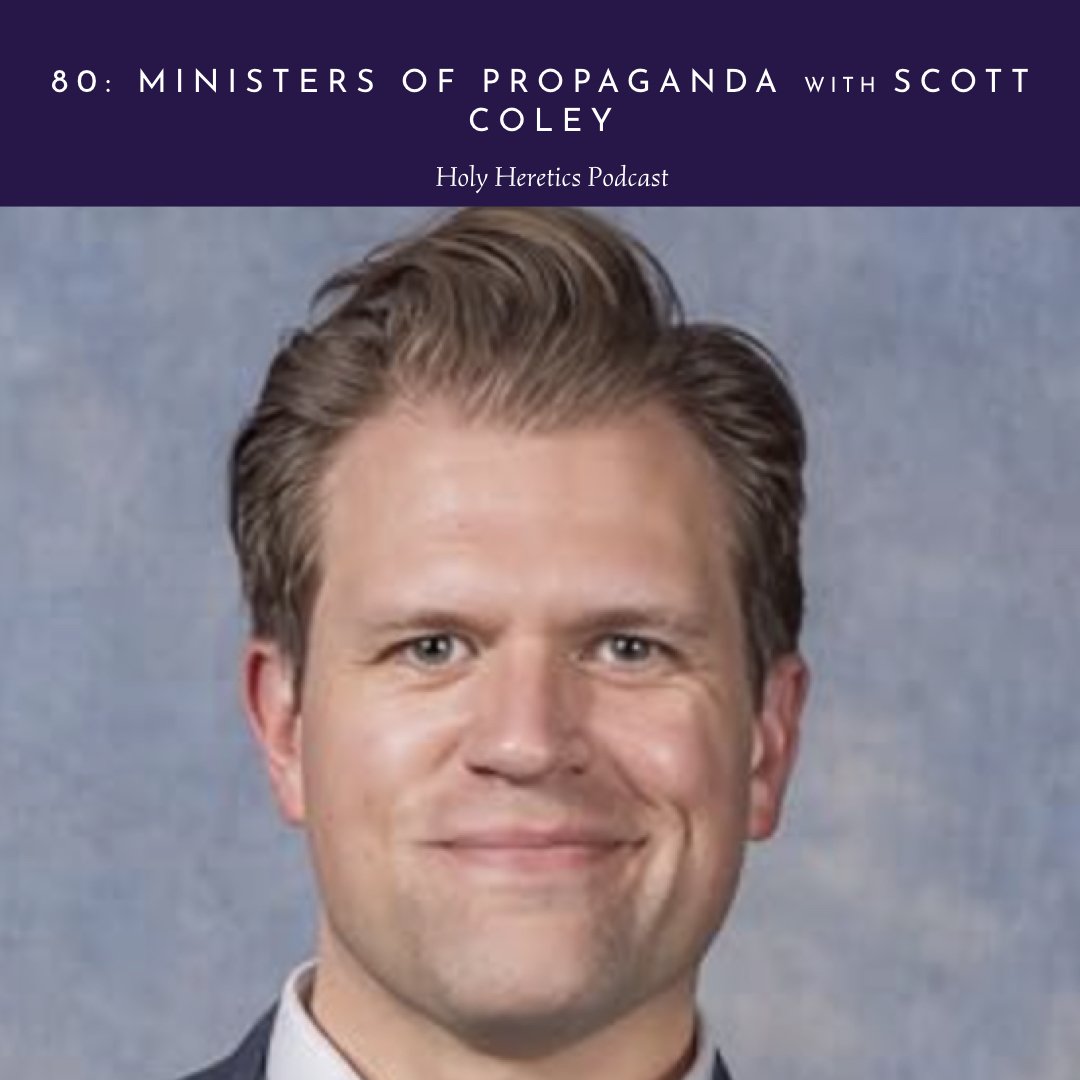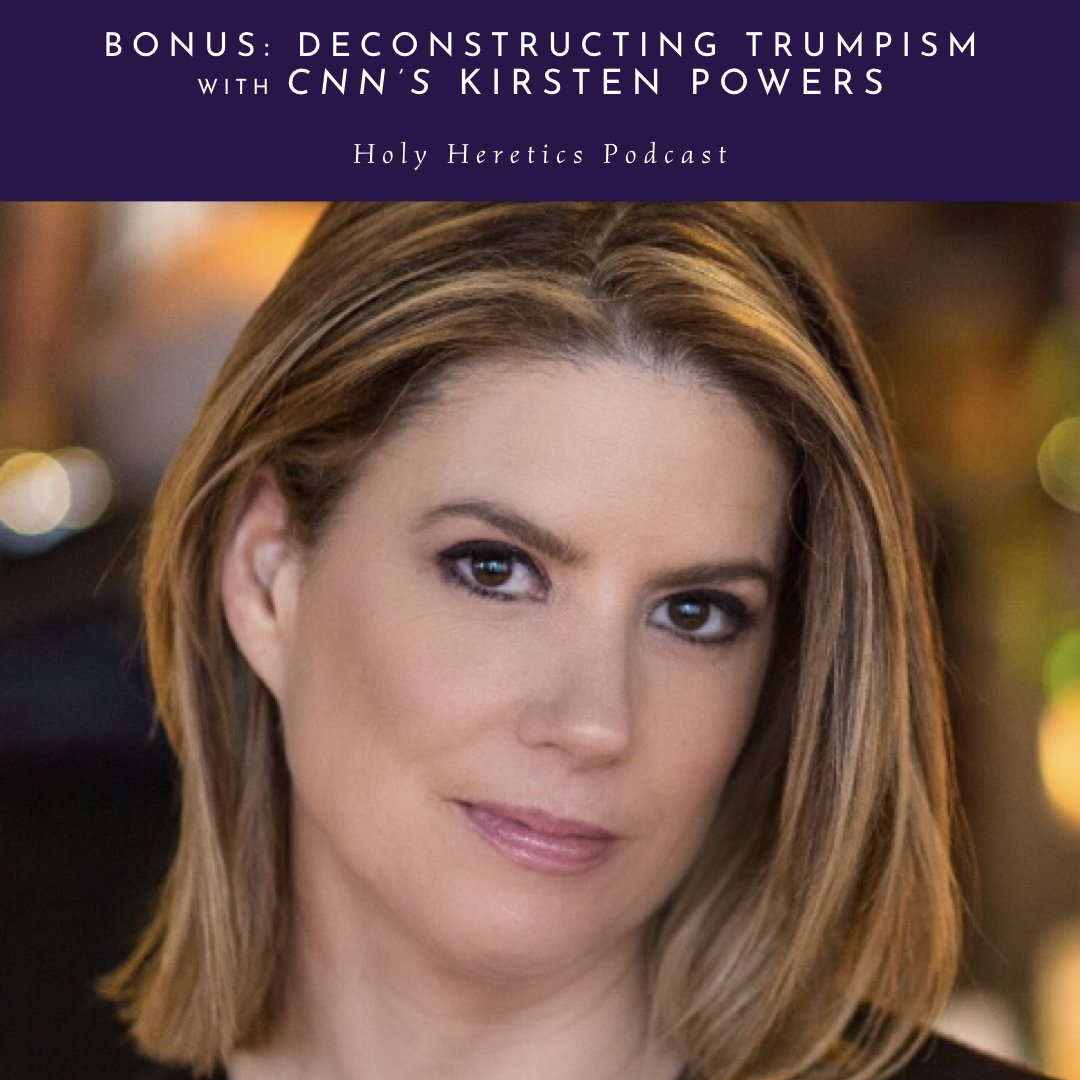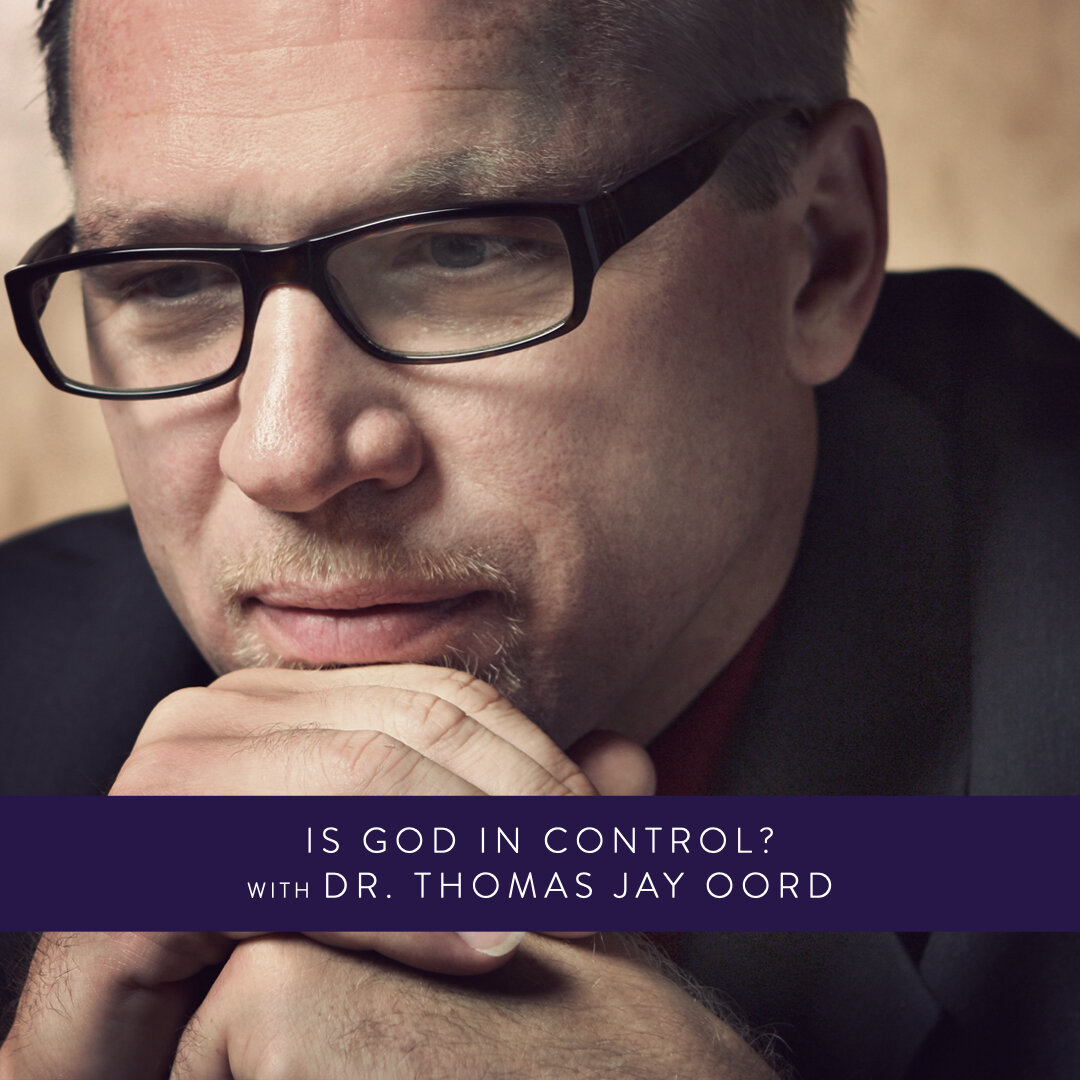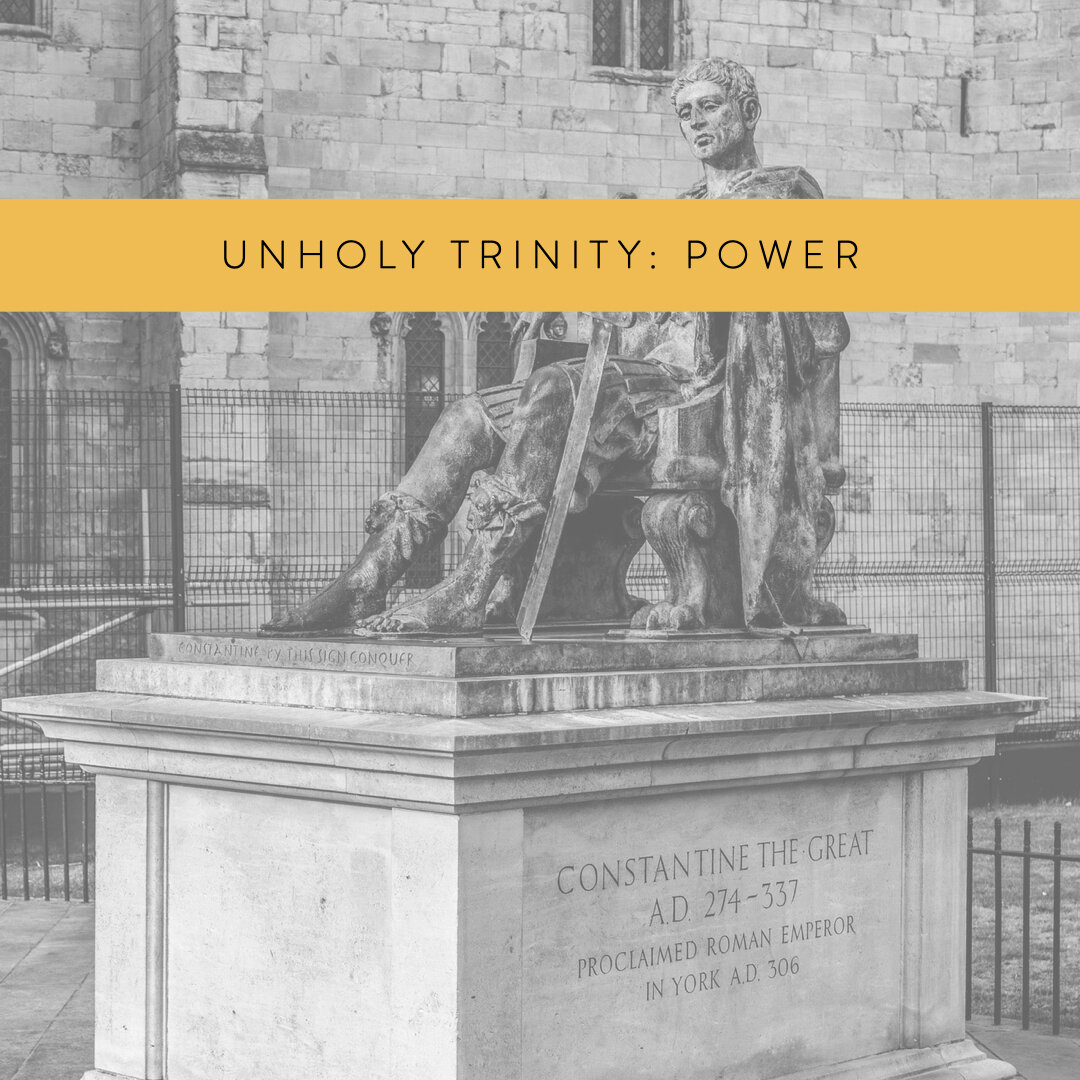American Pharaoh
I rarely read the Bible anymore. I find just as much truth in Creation, personal experience, and in my innermost being than I ever did in the biblical texts. But given our collective cultural crisis, I’ve recently returned to the Scriptures because what I’m seeing in American public life and reading on CNN is lifted directly from the Hebrew Scriptures. History may not repeat itself, but it sure as hell rhymes.
See if this sounds familiar.
A hardened and sociopathic authoritarian is weaponizing his declining empire in a race war against an undocumented immigrant population. Powerful elites are monopolizing goods and services, leaving the general population at the mercy of the upper crust. While we scrounge around in search of daily bread, satiated billionaires in their unquenching thirst for every single thing are creating a resource famine by funneling the world’s surplus into their coffers. Instead of the store-house cities and granaries of Egypt, our taskmasters are building bunkers, banks, and insurance houses to store their excess wealth as millions go hungry.
Since Donald Trump’s return to power, I keep seeing similar historical patterns, reminding me of the timeless record of empire, enslavement, and exodus.
Although their is scant archaeological evidence to support the historicity of the Exodus story, an enslaved community fleeing empire is 100% true. It is true even if it never happened because archetypal myths like bondage, exile, and liberation point beyond any one-time historical event to the larger human experience. Israel’s release from bondage may have never happened, but it is always and forever happening. The story is mythic, archetypal, and universal. “It’s the mythic dimensions within the biblical texts that are actually the most potent and potentially transformative,” shared Father Brendan E. Williams on our podcast. Or as Joseph Campbell wrote, “Myth is much more important and true than history. Myth is what never was, yet always is.”
Unfortunately, I grew up reading the Bible literally and historically, not mythically and metaphorically. I mined the Bible for personal meaning, not universal understanding. The Bible was encyclopedic, not esoteric. I wasted years in the apologetics movement defending the factual application of the text instead of wondering what these incredible stories meant. The reframing power of these ancient stories isn’t their historical accuracy, it’s their universal revelation of perpetual reality. Across time and geography, every culture has developed myths—stories that explain the origins of the world, the forces of nature, the meaning of life, and the character of God. The universality of myths suggest they are not just stories of the past, but essential expressions of the human psyche.
If you are like me and you’ve not been reading these mythic stories all that regularly, here’s a rundown of the exodus story.
During a time of great famine, Joseph rose to power in Egypt after interpreting Pharaoh’s dreams. These dreams foretold seven years of abundance followed by seven years of severe famine. Under Joseph’s guidance as the Egyptian food czar, Pharaoh consolidated his power by using food as a weapon. It’s funny, we always thought Joseph was this great hero of the faith. Turns out he was an imperial sell-out, or in Leon Kass’ words, Joseph was fully “Egyptianized.” Under Joseph’s shrewd administration, Egypt created a food monopoly that eventually enslaved the entire nation.
Let’s pick up the story in Genesis 47.
“So Joseph bought all the land of Egypt for Pharaoh. All the Egyptians sold their fields, because the famine was severe upon them; and the land became Pharaoh’s. As for the people, he made slaves of them from one end of Egypt to the other. Only the land of the priests he did not buy; for the priests had a fixed allowance from Pharaoh, and lived on the allowance that Pharaoh gave them; therefore they did not sell their land. Then Joseph said to the people, ‘Now that I have this day bought you and your land for Pharaoh, here is the seed for you; sow the land. And at the harvests you shall give one-fifth to Pharaoh, and four-fifths shall be your own.’”
Since Pharaoh suddenly owned all the land as well as the food supply, both land and food were weaponized as the tax base whereby the empire systematically transferred wealth from the working class to Pharaoh and his billionaire buddies. Pharaoh now had so much food, he needed storehouse cities and granaries to horde his wealth. “Therefore they set taskmasters over them to oppress them with forced labor. They built supply cities, Pithom and Rameses, for Pharaoh.”
By the end of the story, the Israelites, much like their white evangelical equivalents, are grateful to be Pharaoh’s pawns. “You have saved our lives; may it please my lord, we will be slaves to Pharaoh.” But here’s the problem, Pharaoh, like his current materialization Donald Trump, is insatiable. He wants everything. He stops at nothing until everything and everyone is reduced to a product he can buy, sell, consume, and destroy. “Make more bricks! Make bricks without straw!” We’ve changed the language, but the sentiment is the same. Trump was just callous enough to write it into his “Big, Beautiful Bill.” Buy groceries without food stamps! Go to the doctor without insurance! Pay college tuition without pell grants and subsidized loans!”
In Trump, we are witnessing the rebirth of Pharaoh. Both are archetypes.
Popularized by Carl Jung, archetypes are universal symbols or character types that recur across cultures and time. In the Exodus story, Pharaoh is never given a proper name. He’s just Pharaoh, or in our language, Mr. President. Why? As Walter Brueggemann quips, “If you’ve seen one Pharaoh, you’ve seen them all.” It’s not a stretch to recognize Trump as the reincarnation of the universal Pharaoh. Like Pharaoh, Trump sees an influx of undocumented immigrants as a threat. In fear of the growing population of Jewish immigrants, Pharaoh resolves to destroy them and their progeny. How similar to our modern context. But this is exactly why myths are so important. They keep repeating themselves in reality until we recognize what the hell is really going on. Trump, the one person in America with the most of everything is terrified of the people who have nothing. Just as the anxiety of Pharaoh led him to order the execution of all the first-born sons of the Israelites, Trump in his angst is rounding up farm hands, construction workers, and food service employees in his attempt to wipe out the next generation of Hispanic Americans.
The Hebrew peasants, much like our immigrant population, are identified in the exodus story without name, face, family, or history. They are the timeless rabble in every empire. They are the nameless lady who cleans your hotel room, the man who painted your house, the teenager who prepped your food, and the guy driving your Uber. They are the infrastructure of empire, modern slaves willing to come to our country in hopes of escaping famine and war in their native land. And what did Egypt do to them and what does the United States do to them? We torture them, we rob them of dignity, we mock them, we take everything from them, and lock them up in Alligator Alcatraz, all in Jesus name.
But suddenly in this mythic story of pain and abuse, something dare I say miraculous happens. The people rise up. They find their voice. They protest. They lament their loss of freedom. They call out to the only God who hears. “Out of their slavery their cry for help rose up to God. God heard their groaning, and God remembered his covenant with Abraham, Isaac, and Jacob. God looked upon the Israelites, and God took notice of them.”
God took notice of them. What a loaded little verse. God took notice of these nameless migrant workers.
The God of the universe paused doing whatever God was doing and took notice of these poor, enslaved immigrants. That is mythic. What does that tell us about God? More importantly, what the hell took so long? According to Dr. Walter Brueggemann:
“YHWH waited to be summoned by human cries. YHWH waited until there was acknowledgment and articulation of bodily human pain. Perhaps YHWH waited until there was human protest against raw power before there was an opening and a role for YHWH to play….YHWH had been dormant from Israel for a long while—all through the Joseph narrative. That may well be because Joseph—now the fourth generation after Abraham, Isaac, and Jacob—had turned his life toward the pharaoh and away from YHWH. The God of promises and liberation may have been unwelcome in such an imperial environment. YHWH now enters this exodus narrative with vigor and authority. It has taken a very long time for the slaves to gather and muster a voice of protest. The sounding of that voice is risky; it is the risk run by every uncredentialed surfacing of the oppressed. It is the hazard undertaken by every whistle-blower in the corporation. The story does not begin with divine initiative, contrary to the Augustinian conviction that God takes all initiatives. Indeed, God is absent in the narrative until evoked by the cries of pain.”
Should we be surprised God is completely absent here in America? God’s loudest supporters have driven Her away. Evangelicals are most ardently “Americanized.” How fascinating that the folks who grew up reading about Egypt, Joseph, and Moses so blindly and willfully worship an American Pharaoh. We shouldn’t be surprised. Every empire requires a legitimizing religion. Pharaoh had his courtly priests on the payroll and Donald Trump has his white evangelicals on his payroll. Nothing new under the sun.
After all the pain, robbery, enslavement, abuse, and dehumanizing behavior by Pharaoh, God finally shows up. Truth trumped power. Justice ultimately prevailed. Pharaoh’s hubris was his ultimate demise. One could even argue the real miracle was simply letting Pharaoh be Pharaoh. He was and still is a self-fulfilling prophecy. Like Trump, he thought he was god, he seemed invincible, but karma keeps the score.
Trump also seems bulletproof. He’s escaped every single attempt at accountability. But in this mythic story we are inhabiting, this little orange clown is Pharaoh, doomed to the same bloody, violent, and hubris end. May it be so, and may it come quickly.
This is how myths work. They serve as powerful tools for expressing the ultimate truths of the human experience. Myths are not merely ancient stories; they are cultural vessels that carry deep wisdom about existence, morality, and the nature of the universe. We’ve seen this story before and we know how it ends.
I’m not going to lie to you. I’m not convinced we will make it out alive. The Israelites suffered for years before their deliverance. That may be our fate as well. But here is what I do know. Every single day I wake up and cry out to God to do something, to intervene, to unleash justice like a mighty river. So far, God isn’t listening. But I refuse to stay silent. I will keep praying, screaming, and shaming God into action. I refuse to live in a world where this kind of unadulterated evil remains unchecked. I will not grow old in the Trump Family Dynasty.
These days, you don’t really need to read the Bible because we are all living the Bible. Let us rest in the promise that all ends well.
In the prophetic vision of Julian of Norwich, “All will be well, and all will be well, and every kind of thing will be well.”
Amen.
Gary Alan Taylor









MAGA Christians are cruel because the MAGA cult is cruel; and MAGA Christians are cruel because cruel people tend to become MAGA members.